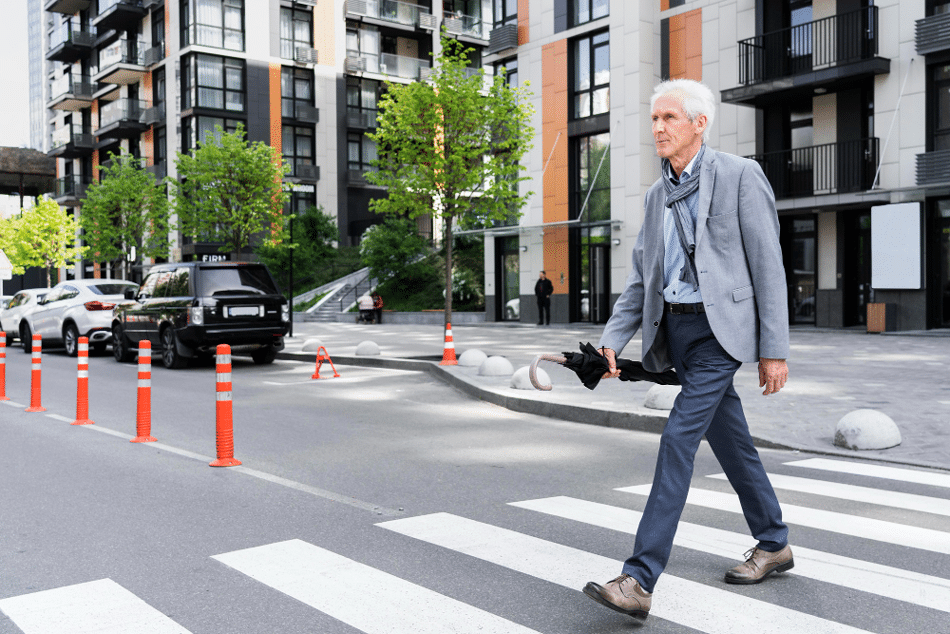
Connecting People
Each May celebrates Better Speach and Hearing Month. We are bringing awareness to hearing loss and communication disorders. At Salem Audiology Clinic, our job is to provide life-altering treatment.
The theme for 2022 is “Connecting people.” We often think of hearing loss as only affecting the person experiencing it. Still, the truth is that it affects everyone around them. Helen Keller stated, “blindness separates us from things, but deafness separates us from people.” This May, we want to give you some tips on preserving your hearing and what to do if you are experiencing hearing loss to stay connected to those around you.
Why do we need our hearing?.
As one of our most essential senses, hearing allows us to connect to the world for many critical and vital reasons.
Hearing connects us to people in ways that none of our other senses allow us to do. However, the greater the hearing loss, the more our communication ability is affected. You should never ignore even mild hearing loss because of the direct impact on your daily life.
Hearing for communicating with people
How well we communicate with others depends on our ability to comprehend speech, one of the most intricate sounds we hear. Understanding what a person is saying requires additional attention without hearing correctly. It can be mentally taxing, especially if multiple people are talking or background noise is present.
It can be frustrating for both listener and speaker when misunderstanding what’s said. Misunderstandings make socializing at family and friendly gatherings a far less pleasurable experience. More often than not, this leads to avoiding such situations or increasing dependence on a partner or friend.
Relationships can quickly begin to suffer from trying to cope with hearing loss. Mild degrees of hearing loss can cause a complete breakdown in communication when a hearing loss is allowed to go too far before seeking professional help and support.

Lifestyle Impact of hearing loss
There are three main ways that hearing loss can impact one’s life.
Economically:
Statistically, those with hearing loss are more likely to have lower education, lower-income, and be unemployed or underemployed than their typical-hearing peers. Untreated hearing loss can decrease one’s annual pay by as much as $30,000. The yearly cost to society is estimated to be as high as $26 billion in unrealized federal taxes; and an estimated annual income loss of $176 billion due to underemployment.
Socially:
Without hearing loss treatment through intervention or rehabilitation, the loss of the ability to listen to and understand with clarity leads to separation from others which can turn into depression, loneliness, isolation, reduced energy, and might not want to join others in events and experiences. When people have trouble hearing in social situations, they begin to skip family gatherings, parties, weddings, trips, and events where large groups of people will interact with each other in settings with loud background noise, conversation, and music.
Emotionally:
Hearing loss puts many people through the same emotional stages as losing a loved one: denial, anger, depression, and acceptance. Adults who lose their hearing slowly without diagnosis often undergo a slow change in personality. Isolation is common. They may be confused or nervous about their inability to communicate as clearly as they once did. The fear of losing one’s income, relationships, or social standing can have a huge emotional impact, causing high levels of stress that affect other areas of health. Even with a diagnosis, wearing a hearing device can cause self-esteem issues. Hearing loss is not unusual to turn a once-friendly, confident adult into an angry, isolated grouch.
Personal Safety:
We should not take good hearing for personal safety for granted. Often people are more likely to hear a potential threat to our safety before it becomes visible, if at all. Driving a vehicle, responding to alarms, crossing the road on foot, and awareness of another person approaching who may be threatening. These are all part of the daily and constant need for adequate hearing to safeguard our personal and physical wellbeing.
We also need balanced hearing to know the direction of a sound. Those with better hearing in one ear will have more incredible difficulty localizing sound and judging how far it is. Unbalanced hearing, such as no hearing in one ear, makes sound nearly impossible to localize and could be a safety risk.

The early signs of hearing loss
There are many signs that hearing may be changing, and they vary with different individuals and lifestyles. Still, these are some of the most common:
- Increasing difficulty in understanding speech in noisy backgrounds such as bars and restaurants.
- Struggling to hear people on the phone.
- A feeling that you can hear but have problems understanding.
- You find yourself participating less in social interactions.
- Increasing dependency on others to help hear.
- People who know you well remark about your hearing not being as good as it used to be.
- Often asking people to repeat themselves.
It can be easy to dismiss signs like these, but you and your family will find life easier by taking a few simple steps. Your hearing is vital to your wellbeing and quality of life for all the reasons above. Hearing tests are straightforward, quickly arranged, and generally have little to no cost.
The faster you act, the better the outcome, both for you and those close to you.
If you need any help or advice, contact Salem Audiology Clinic… it could be your next step to living better with hearing loss.
